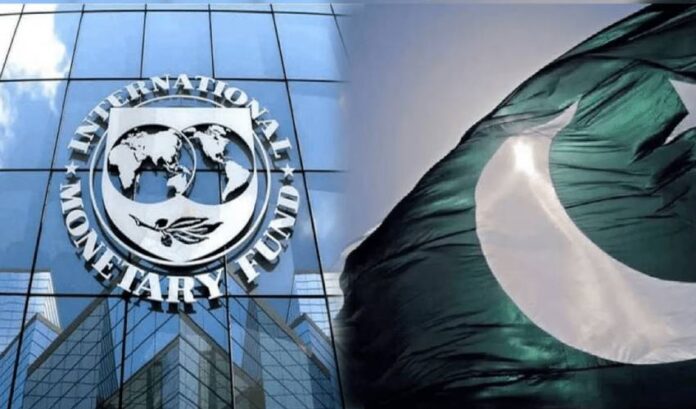The Executive Board of the International Monetary Fund (IMF) has approved a $7 billion Extended Fund Facility (EFF) for Pakistan, with the first tranche of $1.1 billion expected to be released by September 30, 2024.
The loan carries an interest rate of under 5%, according to sources in the Ministry of Finance, with a second disbursement anticipated within the current fiscal year.
The Governor of the State Bank of Pakistan (SBP) Jameel Ahmed confirmed that Islamabad has met all conditions set by the IMF for the release of funds.
In response to the approval, Prime Minister Shehbaz Sharif expressed his gratitude to IMF Managing Director Kristalina Georgieva and her team, as well as to supportive nations like Saudi Arabia, China, and the United Arab Emirates (UAE) for their assistance with the bailout.
“The implementation of economic reforms is in full swing,” the Prime Minister stated, emphasizing the government’s commitment to fostering economic stability and growth.
He noted that rising business activities and investments reflect the efforts of the economic team and expressed hope that this would be Pakistan’s final engagement with the IMF.
In July, Pakistan and the IMF reached a staff-level agreement on a 37-month loan program, which the Prime Minister hopes will mark a turning point for the country’s economy.
This approval followed confirmation of $12 billion in bilateral loans from friendly countries and external financing of $2 billion, a prerequisite for the IMF’s endorsement. Pakistan owes $5 billion to Saudi Arabia, $4 billion to China, and $3 billion to the UAE.
To secure the IMF’s approval, Pakistan needed to demonstrate $2 billion in external financing. This was achieved through a combination of a Saudi oil facility, a $400 million facility from the Islamic Development Bank (IsDB), and support from other Middle Eastern banks.
The cash-strapped nation has implemented various measures demanded by the IMF, including broadening the tax base, imposing taxes on agricultural income, and raising electricity and gas prices.
The government also presented a tax-heavy budget for the fiscal year 2024-25, aiming to generate Rs13 trillion by next July, a nearly 40% increase from the current fiscal year.




